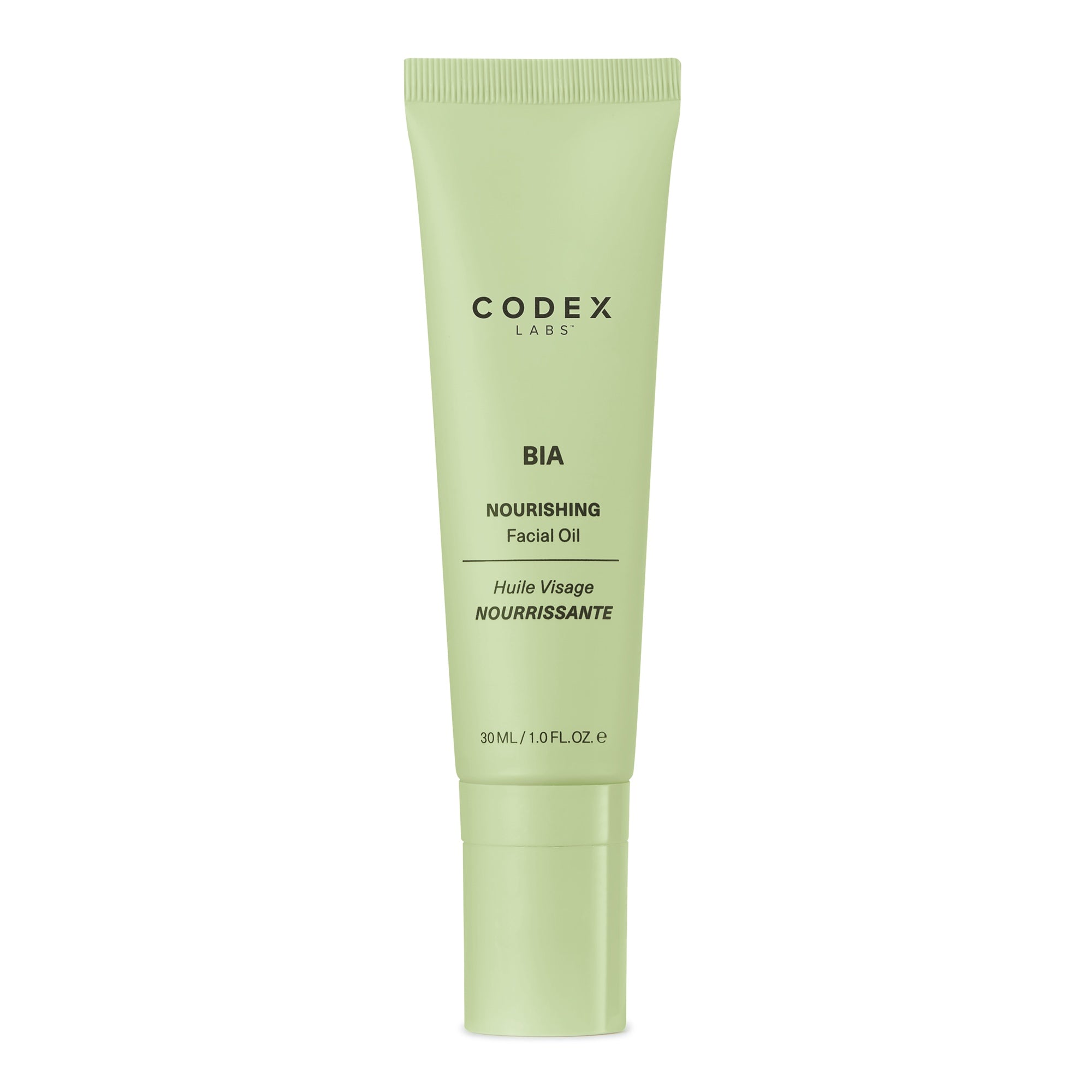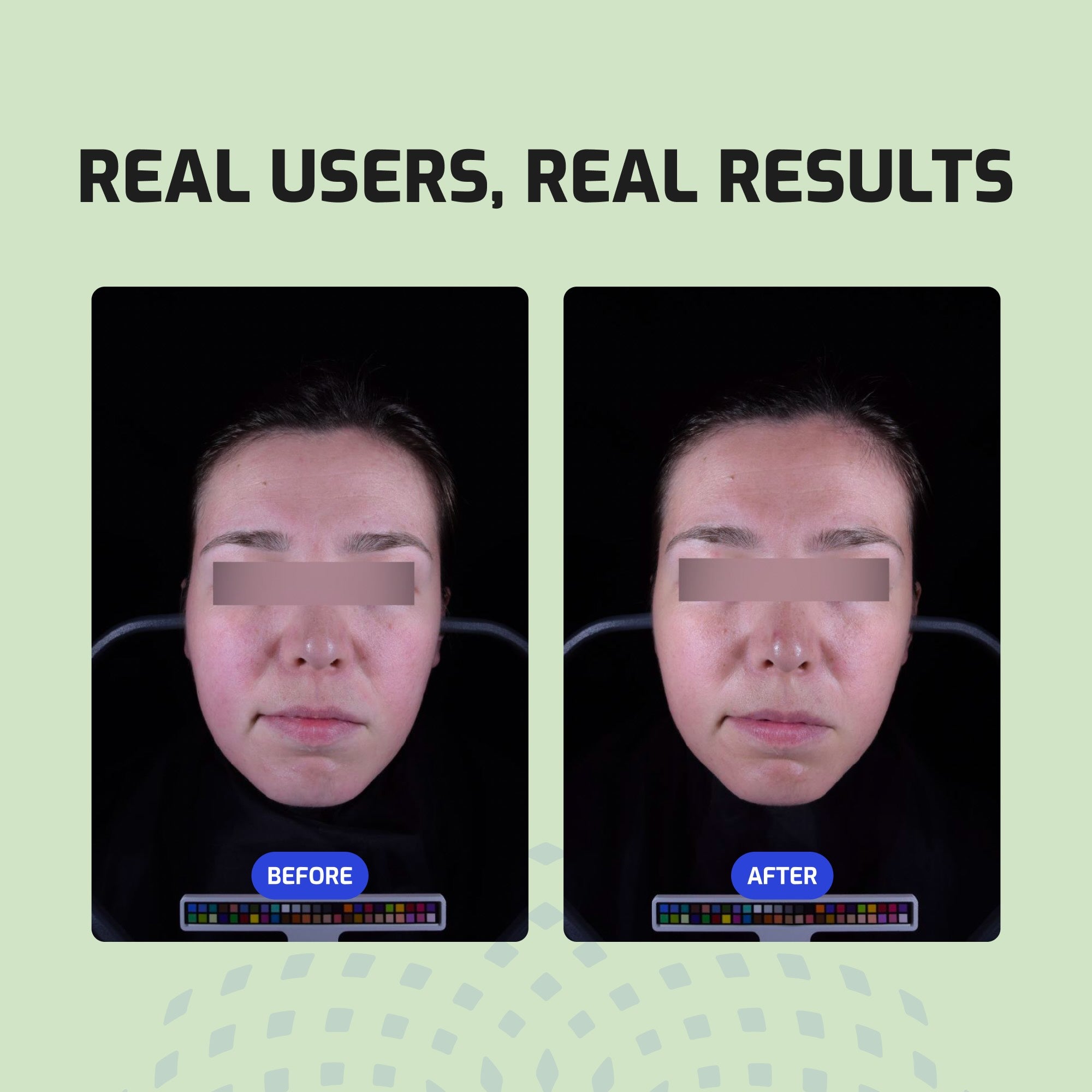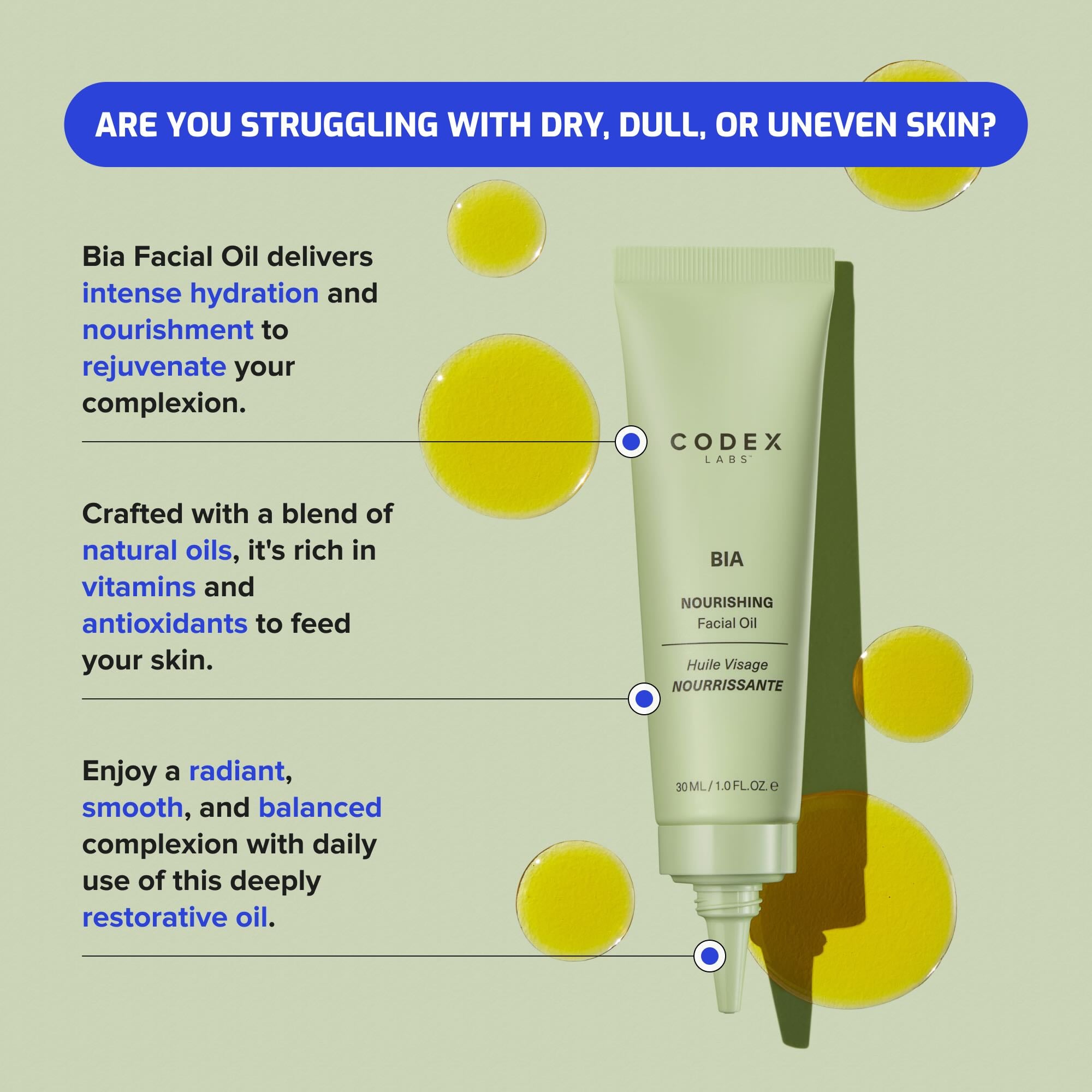Our roots are planted in Biotechnology. That means we use precise standards of performance, safety, and data integrity.
Codex Beauty Labs has taken scientific standards and applied them to deliver a fully functional range of skincare solutions aimed at strong clinical results and maximum efficacy.
Science Is Crucial For Beauty
Our science-first approach to beauty blends the science of plant biology with biotech innovations to define a new standard for products that are clinically effective, uncontaminated, and sustainable. For us, consumer transparency is paramount as we substantiate our performance claims and ingredient profiles. In addition, we remain committed to sustainability by reducing our emissions and energy footprints, as well as eliminating water waste. And lastly, we offer fair product prices to our consumers and fair market pricing to our trusted suppliers.
Breakthroughs in Biotech Innovation
Codex Beauty Labs is consistently leveling breakthroughs in Biotech Innovation. Grounded in science, we’re dedicated to supporting the skin’s microbiome, and pioneering products with meaningful—clinically proven—skincare benefits and visible results.
Our mission is to blend the sciences of ethnobotany and plant biology with biotech innovations to create a new standard within science-driven, plant-based biotech beauty.

|
Bia Facial Oil Invigorate your complexion with our light, dry facial oil to hydrate and revitalize. |
Science Is Crucial For Beauty
Codex takes a multi-disciplinary approach to beauty, drawing on many different branches of science.
Depending on the problem to be solved, we work with experts from botany, biology, microbiology, genetics, agriculture, environmental science, herbal science, chemical engineering, toxicology, and dermatology to name a few!
Science can teach us a lot about skincare. For starters, here’s a peek at how the different branches of science impact Codex beauty products for the better and make them stand out on the beauty shelf.
Ingredient Selection
Botany and historical research teach us what plant-based bio-active compounds to use and which parts of the plants to harvest.
Ingredient Processing
Herbal science and biochemistry teach us how best to extract the bio-active compounds from the plants and how to combine these extracts when designing a product that delivers results.
Ingredient Sourcing
Agriculture teaches us how to select organically and sustainably grown plants and manage the wild harvesting of plants that cannot be grown in large quantities. Biotechnology allows for a more efficient production method of ingredients once demand increases.
Preservatives
Biochemistry teaches us what plant-based ingredients have protective capabilities and microbiology principles teaches us how to design a preservative system to protect against potential contamination.
Allergy Testing
Chemical and medical knowledge, specifically toxicology, teaches us how to review for allergens and properly test for safety.
Efficacy Testing
Dermatology teaches us how to design meaningful human efficacy tests and measure product benefits (such as hydration, firming, wrinkle depth reduction).
Sustainability
Environmental science teaches us to protect native species (plants and animals) when scaling up production. Material science plays a role in developing new bio-based plastics and fabrics. And forestry determines how to produce sustainable packaging.
Science-based beauty is only limited by our imaginations. We are big believers that if you can measure something, then you can understand it—and improve upon it.






